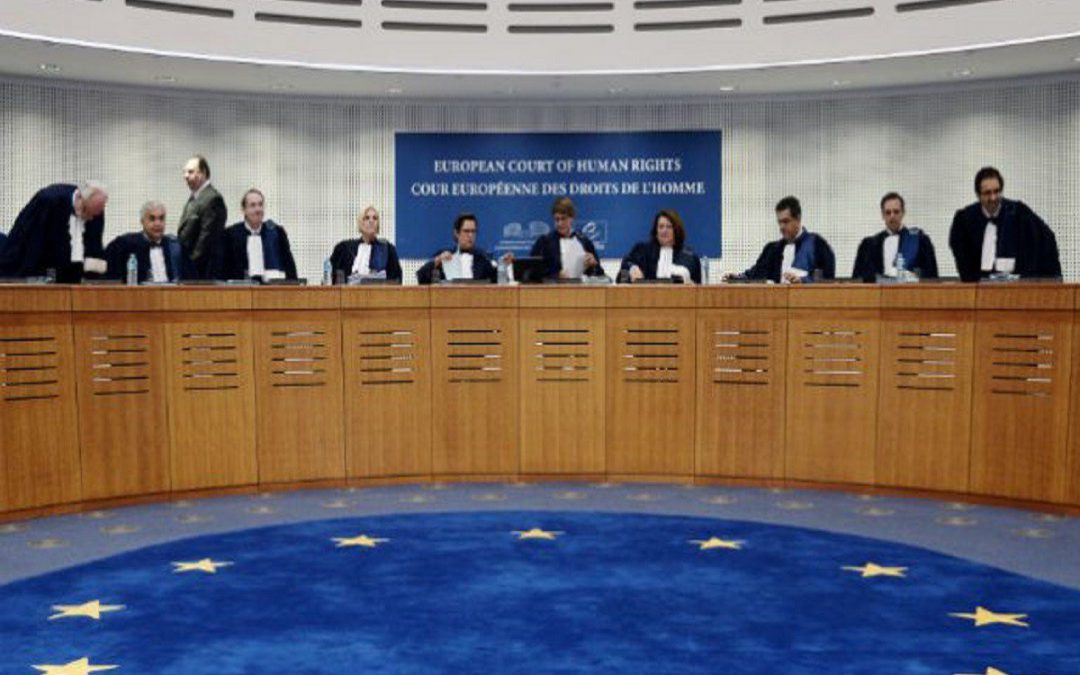On 24 June, the European Court of Human Rights (ECtHR) published its ruling in the case of Al Husin v. Bosnia and Herzegovina (No. 2) regarding the pre-removal detention of a third-country national following the revocation of his citizenship.
The applicant, a Syrian national, was a member of the El Mujahedin unit in Bosnia and Herzegovina during the war of 1992-95. In the immediate aftermath of the war, the applicant acted as the leader of a group of foreign mujahedin. For acts committed in this role, the applicant was convicted and given a suspended prison sentence. In 2007, his citizenship of Bosnia and Herzegovina was revoked and, in October 2008, the applicant was placed in detention on the grounds that he was a threat to national security. In 2011, following the dismissal of his asylum claim the Aliens Service issued a removal order in respect of the applicant.
The applicant previously applied to the ECtHR (application no. 3727/08), which held that his removal to Syria would risk treatment contrary to Article 3 and his detention between 6 October 2008 and 31 January 2011 amounted to a breach of Article 5 § 1. Following this case, in March 2012, the applicant was issued a new deportation order that stated that in the event the applicant failed to leave voluntarily, an additional removal order would be issued indicating a destination country for his removal. From February 2012 to February 2016, the applicant remained detained on national security grounds. He continually challenged this detention. More than fifty countries were contacted to request they take the applicant, thirty-nine refused and the remainder did not respond. The applicant was released on 17 February 2016, after eight years of continuous detention, and preventive measures were imposed pending his removal.
On the complaint under Article 5 § 1 (f), the ECtHR recalled that any deprivation of liberty under the second limb of Article 5 § 1 (f) will be justified only for as long as deportation or extradition proceedings are in progress. Furthermore, the Court, with reference to its own case law, recalled that for detention to not be considered arbitrary it must be carried out in good faith, be closely connected to the ground of detention, the place and conditions of detention should be appropriate, and the length of the detention should not exceed that reasonably required for the purpose pursued. The Court recalled that Article 3 prevented the applicant’s removal to Syria and that by August 2014, thirty-eight countries had been contacted as places of removal for the applicant. The Court thus held that the grounds for the applicant’s detention did not remain valid for the whole period of his detention due to the lack of a realistic prospect of his expulsion.
With regard to a violation under Article 5 § 4, regarding the right to an effective remedy, the Court referenced its own case law and recalled that an applicant’s right under Article 5 § 4 to procedural fairness has to be balanced against matters of strong public interest. The Court held that during the appeals proceedings, the applicant was given access to the evidence against him and could therefore effectively challenge its reasonableness. The Court thus found there had been no violation of Article 5 § 4.

